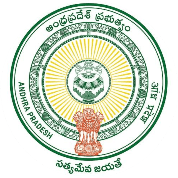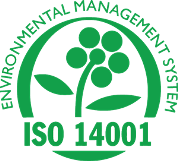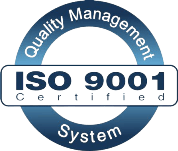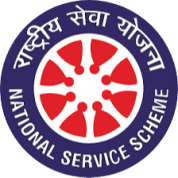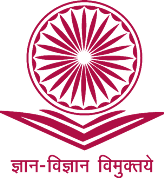The major research themes in our current research are:
1. Design and synthesis of D-π-A type small molecules for optoelectronic applications
Organic electronics is an interdisciplinary research field involving organic chemistry, physics, electronic engineering and materials science. Organic (opto) electronic materials received substantial attention in both academia and industries because of their promising applications in the fabrication of various organic optoelectronic devices like organic light-emitting devices (OLEDs), organic thin-film-transistors (OTFTs), organic solar cells (OSCs), sensors, photorefractive devices etc. This motivated us to work in the field of organic (opto) electronics.
Currently, our research group is actively involved in the design and development of Donor-π-Acceptor (D-π-A) type small organic molecules, particularly, D-π-A type Knoevenagel Adducts, β-Enaminones and thiazole-based fluorescent materials, for optoelectronic applications. Part of the work in this area has been published in reputed international journals such as Eur. J. Org. Chem. 2023, 26, e202300032 (1 of 11), Chemosphere, 2022, 309, 136667, Dyes and Pigments, 2021, 187, 109077; New J. Chem., 2020, 44, 7007; etc.
2. Development of green and sustainable synthetic methodologies
Development of green and sustainable synthetic methodologies for the synthesis of medicinally valuable scaffolds is one of the worth mentioning areas of research in synthetic organic chemistry. Accordingly, our investigations largely focused on the development of green and sustainable synthetic methodologies for the synthesis of medicinally privileged heterocycles like highly functionalized pyridines, pyrimidines, dihydropyrimidinones / thiones, thiazoles, triazoles, imidazopyridines, benzimidazoles, 18-membered macrocyclic molecules etc., and key starting materials like α–bromoketones, thioethers, β-enaminones etc. Part of the work in this area has been published in reputed international journals like Beilstein J. Org. Chem. 2020,16, 1881; J. Heterocyclic Chem., 2020, 1; Eur. J. Org. Chem. 2017, 1207; J. Chin. Chem. Soc. 2017, 64, 1408; RSC Advances, 2016, 6, 75651; Chinese Chem. Lett., 2014, 25, 179; RSC Advances, 2014, 4, 17196; Chem. Pharm. Bull., 2013, 61, 1114. J. Heterocyclic Chem, 2014, 51, E104; Synthesis, 2013, 45, 75; etc.
3. Photocatalysis for dye degradation, hydrogen production and organic transformations
Nanophotocatalysis is an efficient and attractive process for the removal of organic pollutants, hydrogen production and organic conversions as it meets most of the green chemistry principles. Very recently, our research group is focusing on the development of nanophotocatalysts for the degradation of organic dyes, hydrogen production and organic transformations. Part of the work in this area has been published in reputed international journals such as Environmental Pollution 2021, 269, 116170, Results in Chemistry 2022, 4, 100340, Adv. Syn. Catal., 2018, 360, 995; etc.
 Vemanapuram, Kadapa, Y.S.R Kadapa-516005, A.P., India
Vemanapuram, Kadapa, Y.S.R Kadapa-516005, A.P., India itcell@yvu.edu.in
itcell@yvu.edu.in







